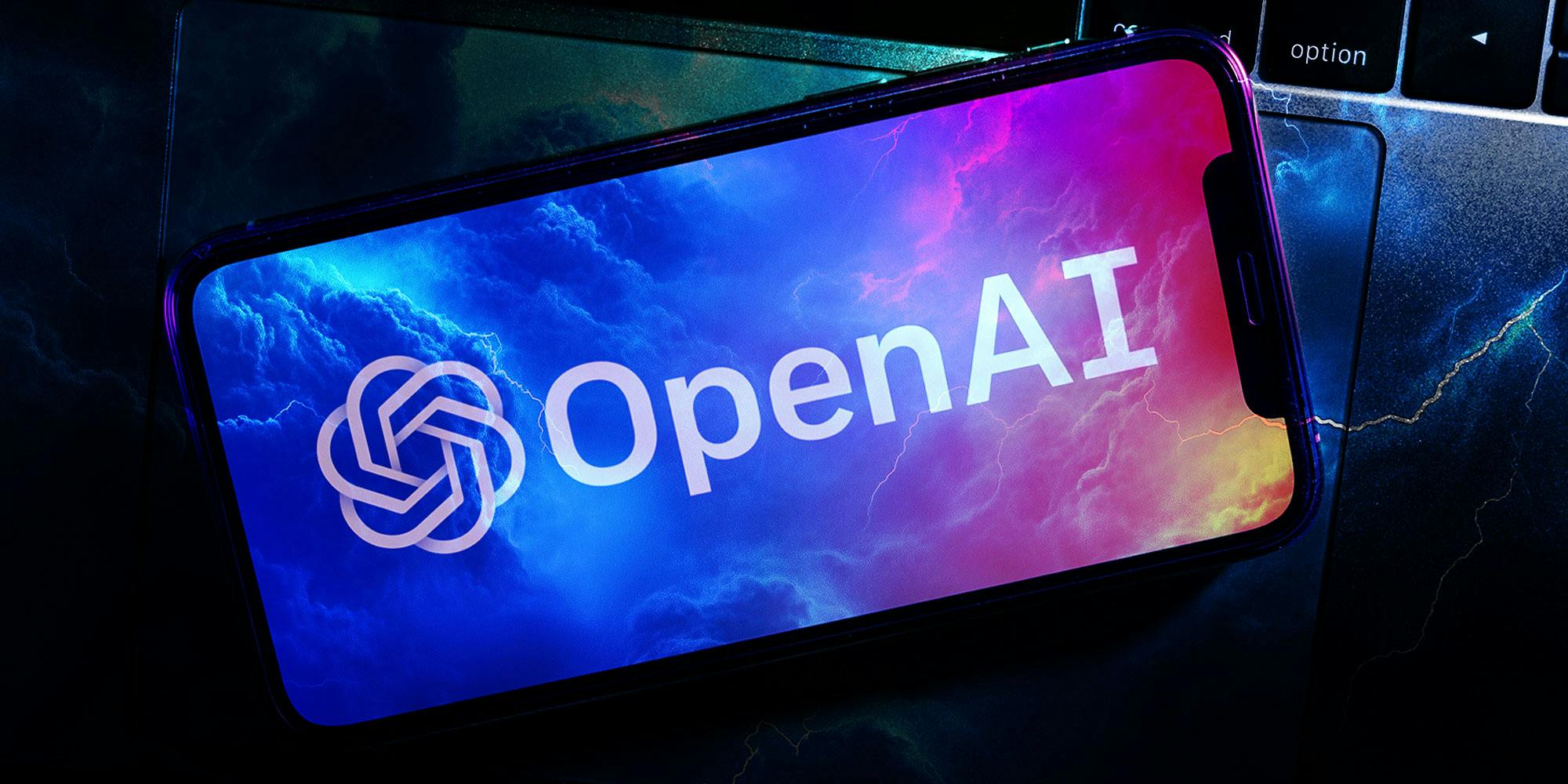
An employee-turned-whistleblower with the artificial intelligence (AI) company OpenAI was found dead in his San Francisco apartment, prompting a flurry of conspiracy theories online.
The body of the employee, identified as 26-year-old Suchir Balaji, was located on Nov. 26 after authorities were asked by a caller to check on his well-being.
News of the death, which the local medical examiner's office said was caused by suicide, exploded on social media over the weekend. Yet, despite police stating that there was no evidence of foul play, many online questioned the circumstances of Balaji's passing.
Balaji left the company in August after stating that "OpenAI's use of copyrighted data to build ChatGPT violated the law." The whistleblower also argued "that technologies like ChatGPT were damaging the internet."
Speaking to CNBC, a spokesperson for OpenAI stated that the company was "devastated" to learn of Balaji's fate.
Prominent conspiracy theorists like X user Ian Carroll racked up hundreds of thousands of views by definitively stating that "Whistleblowers don't commit suicide."
"I’m starting to think we need a thorough investigation of medical examiners and coroners," Carroll wrote.
Others compared the situation to the reported suicide death earlier this year of a Boeing whistleblower, who had accused the company of cutting corners when it came to safety.
"Remember there was never any accountability for Boeing murdering whistleblowers. Now there is OpenAI," one user wrote. "This is why I roll my eyes at the folks lecturing that violence is never the answer, because it's always the answer for the powerful."
Many users also highlighted Balaji's last post to X, which was made just days before the discovery of his body.
In the post, Balaji noted that he had worked at OpenAI for nearly four years and spent the last year-and-a-half at the company working on ChatGPT.
"I initially didn't know much about copyright, fair use, etc. but became curious after seeing all the lawsuits filed against GenAI companies," he wrote. "When I tried to understand the issue better, I eventually came to the conclusion that fair use seems like a pretty implausible defense for a lot of generative AI products, for the basic reason that they can create substitutes that compete with the data they're trained on."
Balaji rounded out his statement noting that he did not want his commentary to be "read as a critique of ChatGPT or OpenAI per se, because fair use and generative AI is a much broader issue than any one product or company."
People also used the final line of the post, "Feel free to get in touch if you'd like to chat … My email's on my personal website" to hypothesize about Balaji's mindset.
"This man, a whistle-blower for Open AI, does not sound like a depressed, suicidal man to me. How about you?" wrote @Margare51775614.
OpenAI has defended its data-collecting practices by stating that its AI models are built with publicly available data.
Billionaire Elon Musk, who helped found OpenAI, responded suspiciously to the news as well. Musk has spent the past several years criticizing the company's direction.
"Hmm," Musk wrote in response to the story.
While there's no evidence that the whistleblower's death was anything other than a suicide, the internet, especially in light of growing distrust with major corporations, is nevertheless convinced of nefarious intent.
Internet culture is chaotic—but we’ll break it down for you in one daily email. Sign up for the Daily Dot’s web_crawlr newsletter here. You’ll get the best (and worst) of the internet straight into your inbox.
Sign up to receive the Daily Dot’s Internet Insider newsletter for urgent news from the frontline of online.
The post An OpenAI whistleblower died by suicide—his final X post is now conspiracy fodder appeared first on The Daily Dot.
from Tech https://ift.tt/qsDl6t1

0 Comments